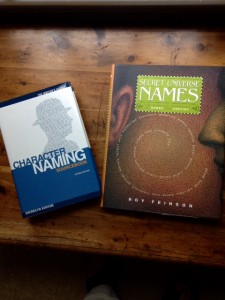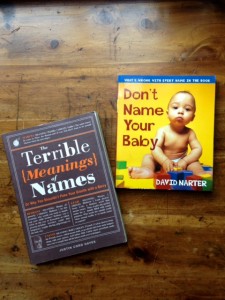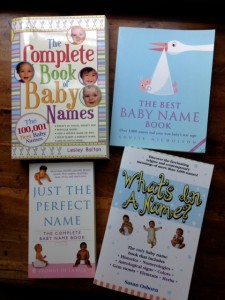What’s in a name? Perhaps a rose by any other name would not smell as sweet.
Consider your name.
How was it chosen? What does it mean? How does it look? How do you feel about it?
My father John shared the name with a brother of his mother. My mother’s Alta Wavalene came from her father’s youngest sister and her mother’s youngest sister. There are no Vivian’s on either branch of the family tree. Were my parents consciously striking out in a different direction?
One story I heard growing up is that Vivian was the name of my father’s first girlfriend, and he liked it. So, does this reflect my father’s dominance or my mother’s confidence?
Vivian means lively, and likes bright or vivid colors. The latter definitely applies, and I like to think the former does as well. As for appearance, Vivian is all spikes and angles, especially when written in caps: VIVIAN. Hmmmm. No comment. But I do know I felt out-of-place among the Sharons and Shirleys and Barbaras. As a child, I wanted a nickname and it was never forthcoming. As an adult, I like that I have seldom come across another Vivian, and only an Italian chef ever called me Vi.
Consider character names.
Your characters’ names are as important to them as yours is to you. Give them some thought. As with everything, there are books out there to help. My personal favorite is Character Naming Sourcebook by Sherrilyn Kenyon. For one thing, it starts with an overview of things to consider. In brief, and paraphrased, the ten guidelines are
- Capture the persona
- Consider heritage, personality, and trade/profession
- Make the name harmonious
- Choose names consistent with time period (The Social Security Administration is good for US names)
- Consider the character’s social status
- Use nicknames
- Vary the names of characters
- Be aware of your genre
- If you choose a name that breaks the rules, make a point of it
- Avoid names that others have made famous
Your character’s name is the usual introduction to the reader. Lydia is harder than Nora. Cynthia is more upscale than Bertha. Bart is stronger than most two-syllable male names.
In deciding on names, avoid not only the beginnings but the endings. Alex, Alice, Amy, and Andrew will confuse readers and turn them off. At the same time, choose nicknames and/or endearments with care. I recently critiqued a manuscript in which William was Billy to the family, Victoria was Vickie,
Margaret was Maggie, Susan was Suzie, and endearments were honey and sweetie. Not a big deal, but if the reader notices, it’s too much.
I like Character Naming because of its breadth, and because it separates names by ethnic roots and meaning. But it isn’t the only book out there. Indeed, you can go to a local telephone directory and mix first and last names.

And if you are interested in the humorous side of writing, consider these:

That way you won’t inadvertently name two friends Barbara Smith and Barbara Morton and end up with BS and BM!
